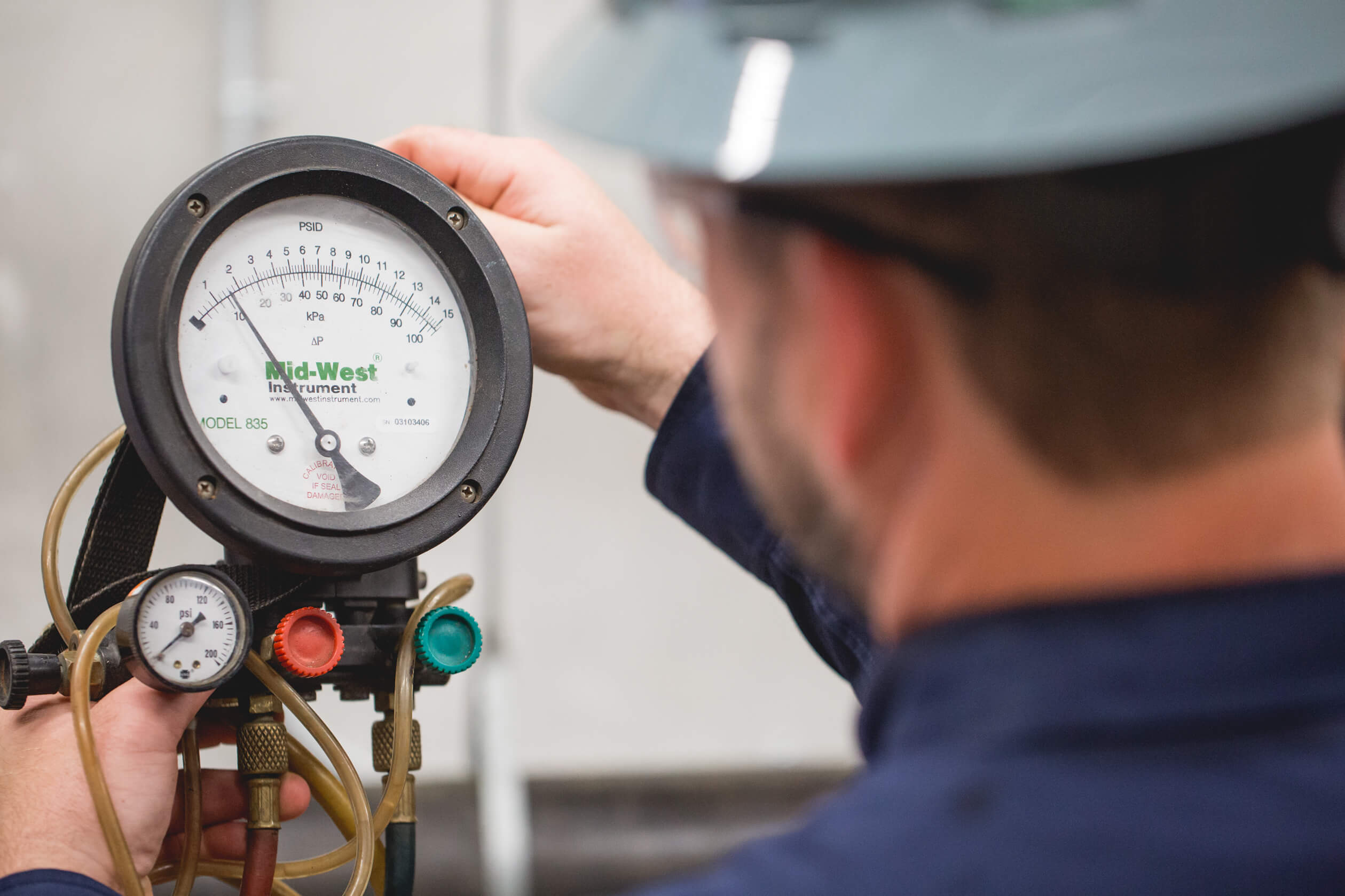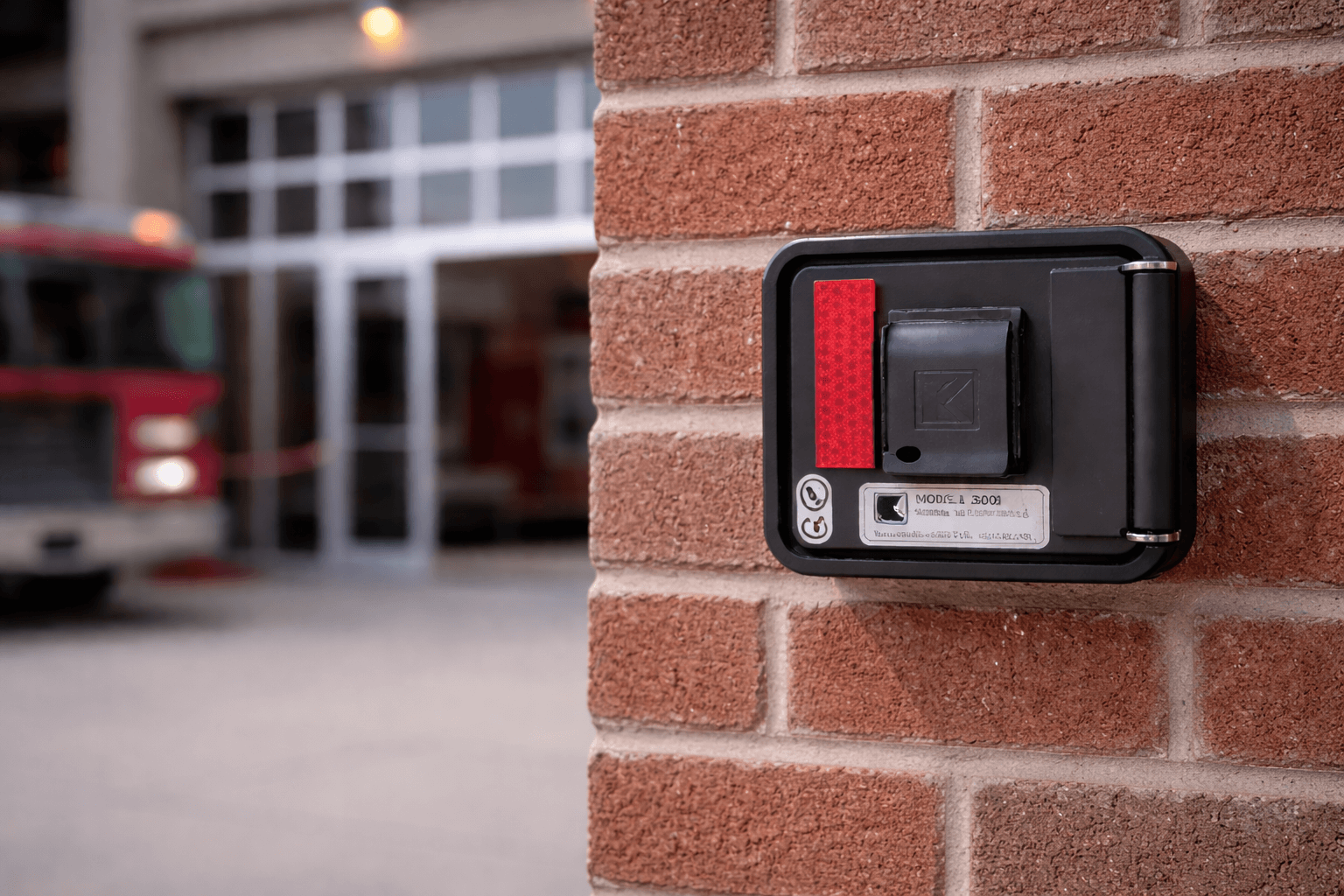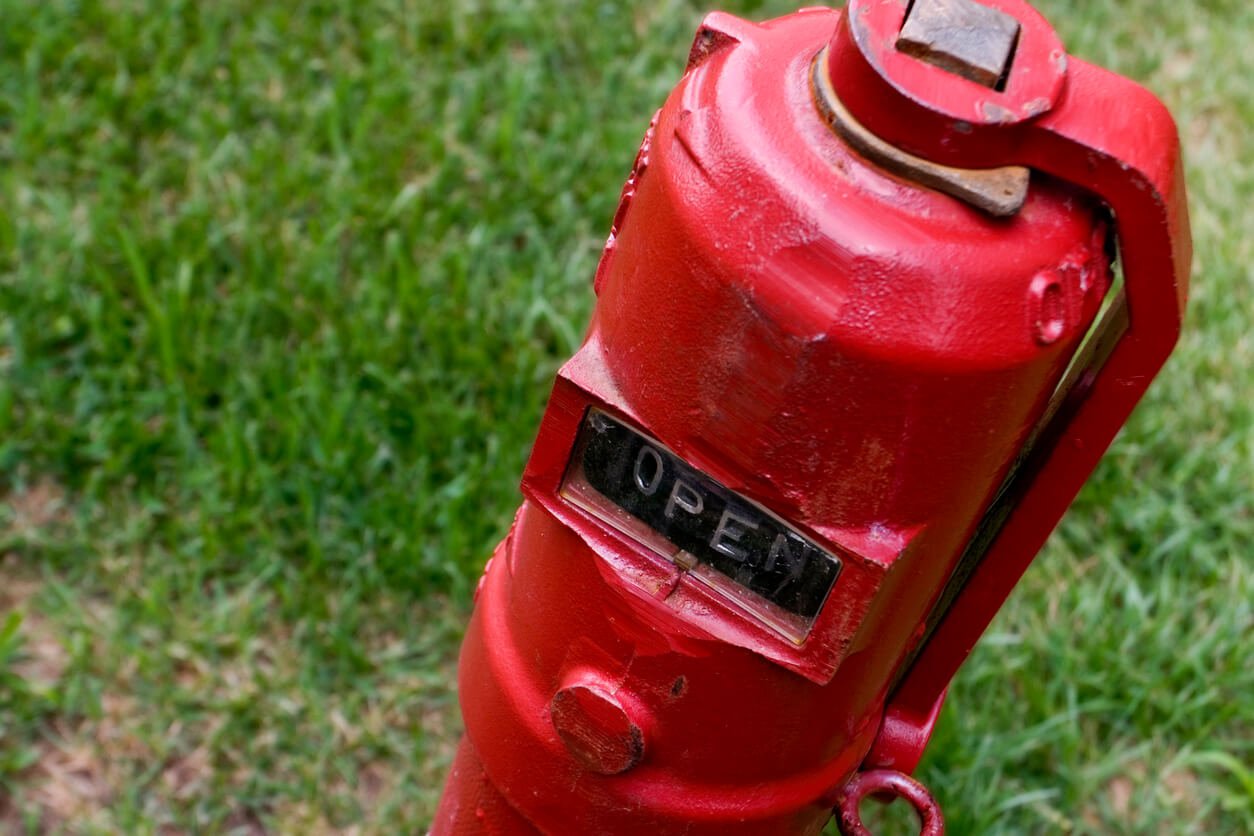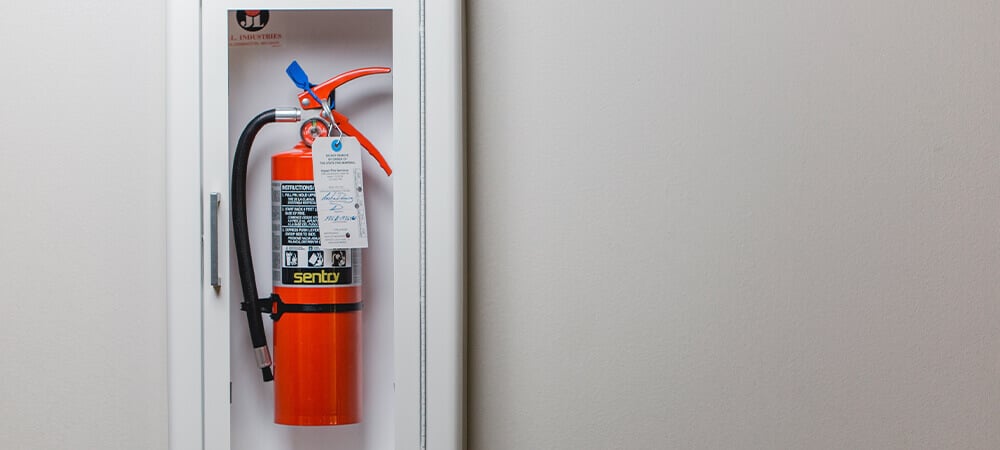What is a Backflow Preventer?
Backflow preventers are mechanical devices that protect against backflow, which is when contaminated water flows back into a drinkable water supply. Backflow occurs due to a sudden change in pressure or a break in the water main.Backflow preventers are required by law in many states and must be tested annually to ensure they are working correctly. Understanding backflow preventers and annual testing requirements will help you prevent avoidable accidents and meet code requirements in your area.
Let’s learn more about backflow preventers and why annual testing is essential.
What is a Backflow Preventer?
Backflow preventers are mechanical devices that protect against backflow, which is when contaminated water flows back into a drinkable water supply. Backflow occurs due to a sudden change in pressure or a break in the water main. Put simply, a backflow preventer ensures water inside fire sprinklers, irrigation systems, and other water-based systems flow in the desired direction: from the water main into the system.
Common types of backflow preventers include:
- Air gap (AG)
- Reduced pressure zone (RPZ)
- Pressure vacuum breaker (PVB)
- Atmospheric vacuum breaker (AVB)
- Double check valve assembly (DCVA)
The backflow preventer types installed are usually determined by the existing hazards on the premises.
What Types of Businesses Require Backflow Preventers?
State regulations and local municipalities typically require backflow preventer installations in commercial and industrial properties that contain chemicals, fertilizers, and other hazardous substances.
Common industries with backflow preventers include:
- Restaurants
- Healthcare facilities
- Educational institutions
- Industrial and energy facilities
- Apartments and condominiums
- Commercial buildings of three stories and taller
- Commercial property with fire service lines or sprinkler systems
Understanding Annual Backflow Testing Requirements
While having a backflow preventer installed is important, it is just as important to have it tested to ensure regulatory compliance and device functionality. Backflow tests also help ensure the drinking water supplied to your commercial property remains safe.
So what are the testing requirements surrounding backflow devices?
While NFPA 25 used to require testing, the 2011 edition removed this requirement. NFPA explains its decision as follows:
“While backflow remains a legitimate health concern, preventing it is now considered outside the scope of NFPA 25. The standard presumes that local or state requirements will continue to ensure that the devices are properly tested by qualified personnel."
Regulations for backflow testing are now set forth by local plumbing codes and enforced by municipalities and local water purveyors. Most jurisdictions require annual backflow testing; however, it may be required more frequently in some cases. Failure to comply could result in fines or the disconnection of water service.
Property owners should check with their local water purveyor to better understand the specific requirements for backflow preventers in their area.
Protect Potable Water with Annually Tested Backflow Devices
Backflow preventers on fire protection, irrigation, and other water-based systems must be tested annually to ensure they are working properly and that no potential risks or contaminants enter the drinking water supply.
Don't take clean drinking water for granted; do your part to help protect your facility, employees, and community by partnering with a qualified fire protection company for backflow preventer services.
A certified backflow tester will conduct annual testing to ensure each component is in good condition, moves freely, operates correctly, and adheres to requirements from the local water purveyor or city.








